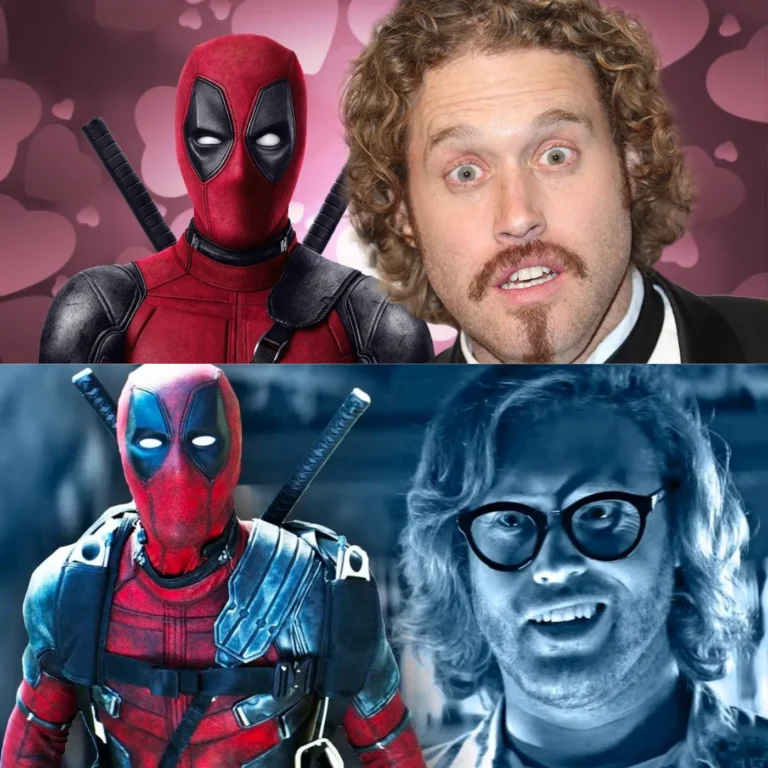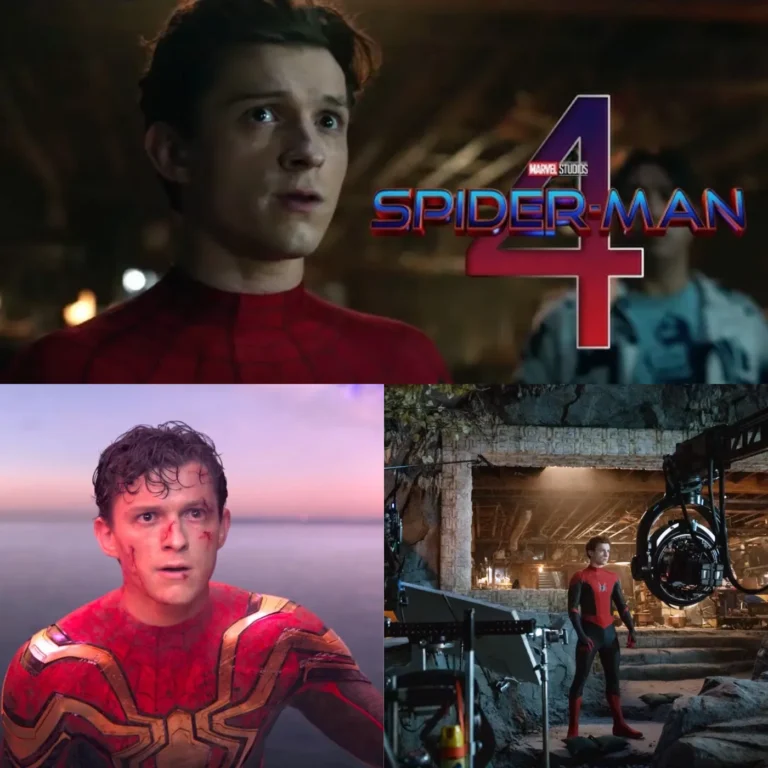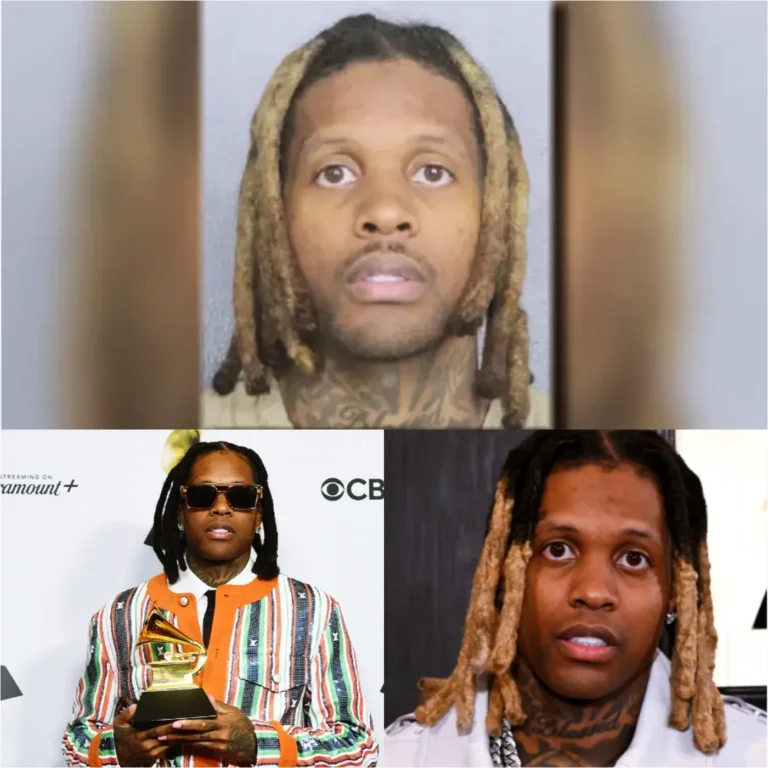
When you think of American superheroes, Captain America is probably the first name that comes to mind. Created during the golden age of comics by Joe Simon and Jack Kirby in 1941, Captain America has become a symbol of everything noble, heroic, and, well, patriotic. His story isn’t just about punching bad guys—it’s about sacrifice, leadership, and striving to be the best version of oneself.
But what is it that makes Steve Rogers, the man behind the iconic shield, such a lasting figure in pop culture, particularly in the Marvel Cinematic Universe (MCU)?
The Making of a Hero: From Skinny Kid to Super Soldier
Steve Rogers started off as the quintessential underdog—an undersized, sickly kid from Brooklyn who just wanted to do his part in World War II. Enter the Super Soldier Serum, which transforms Steve into the physical pinnacle of human strength and agility. However, Captain America’s appeal isn’t just that he’s a genetically-enhanced fighting machine. What really makes him stand out is his unshakeable moral compass and his commitment to doing the right thing, even when the odds are stacked against him. He’s not just a soldier; he’s a leader, someone willing to fight for what’s just, no matter the personal cost.
The MCU’s Heroic Journey
In the MCU, Chris Evans’s portrayal of Captain America brought the character to life in a way that resonated with audiences worldwide. Beginning with Captain America: The First Avenger (2011), Steve Rogers was reintroduced to the modern world after being frozen in ice for decades. Since then, Captain America has been front and center in some of the MCU’s most epic storylines, from the Avengers series to his own solo films like Winter Soldier and Civil War.
But it’s not just about the shield-swinging action; it’s the moral dilemmas, the friendships, and the personal growth that make Captain America’s arc so compelling. From the loss of his best friend, Bucky Barnes, to the internal conflict over the Sokovia Accords in Civil War, Steve’s journey is one of facing difficult choices, navigating leadership, and questioning what’s truly worth fighting for.
Passing the Torch: Enter John Walker
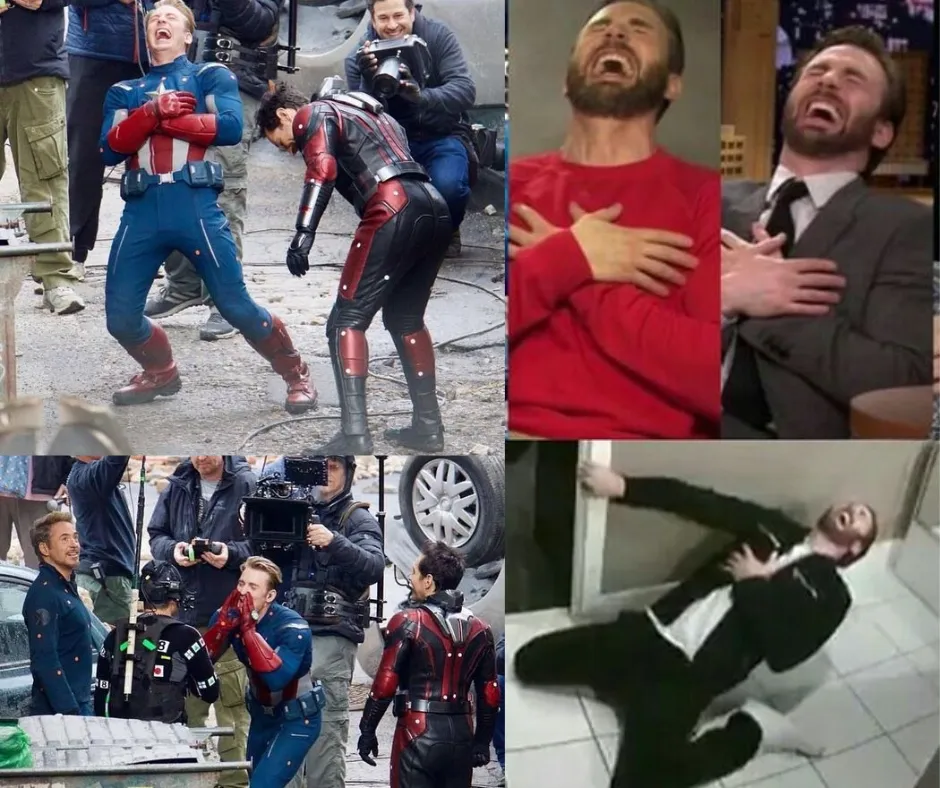
Of course, even Captain America has to step down at some point. After Endgame, where Steve Rogers had his emotional send-off, a new question arose—who is worthy to take up the mantle of Captain America? Enter John Walker, portrayed as the new “Cap” in The Falcon and the Winter Soldier. While Walker is handed the title, his character’s flaws, moral missteps, and violent outbursts quickly reveal that being Captain America isn’t just about having the shield—it’s about embodying what the symbol stands for.
This conflict of who should carry Steve’s legacy (and whether they can do it justice) became central to the show, reflecting the bigger theme of what makes someone truly heroic. Can someone who isn’t Steve Rogers ever really live up to the ideals of Captain America? Fans and characters alike grapple with this question, setting the stage for a new era in the MCU.
The Captain America Legacy: Hero or Legend?
Ultimately, Captain America is more than just a superhero. He’s a symbol of hope, resilience, and the idea that anyone can be a hero if they have the courage to stand up for what’s right. Whether you’re swinging a shield, battling on the frontlines, or standing up for the voiceless, Cap’s message remains clear: true heroism is about sacrifice, and it’s never too late to choose the right path.
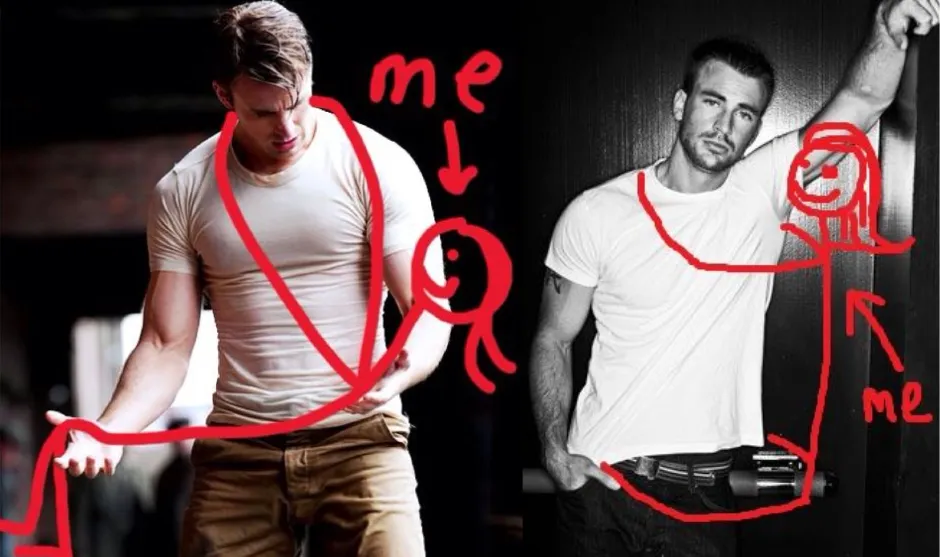
So, while Steve Rogers might be retired, his legacy isn’t going anywhere—because as long as we remember the ideals he represented, Captain America will always be with us.
